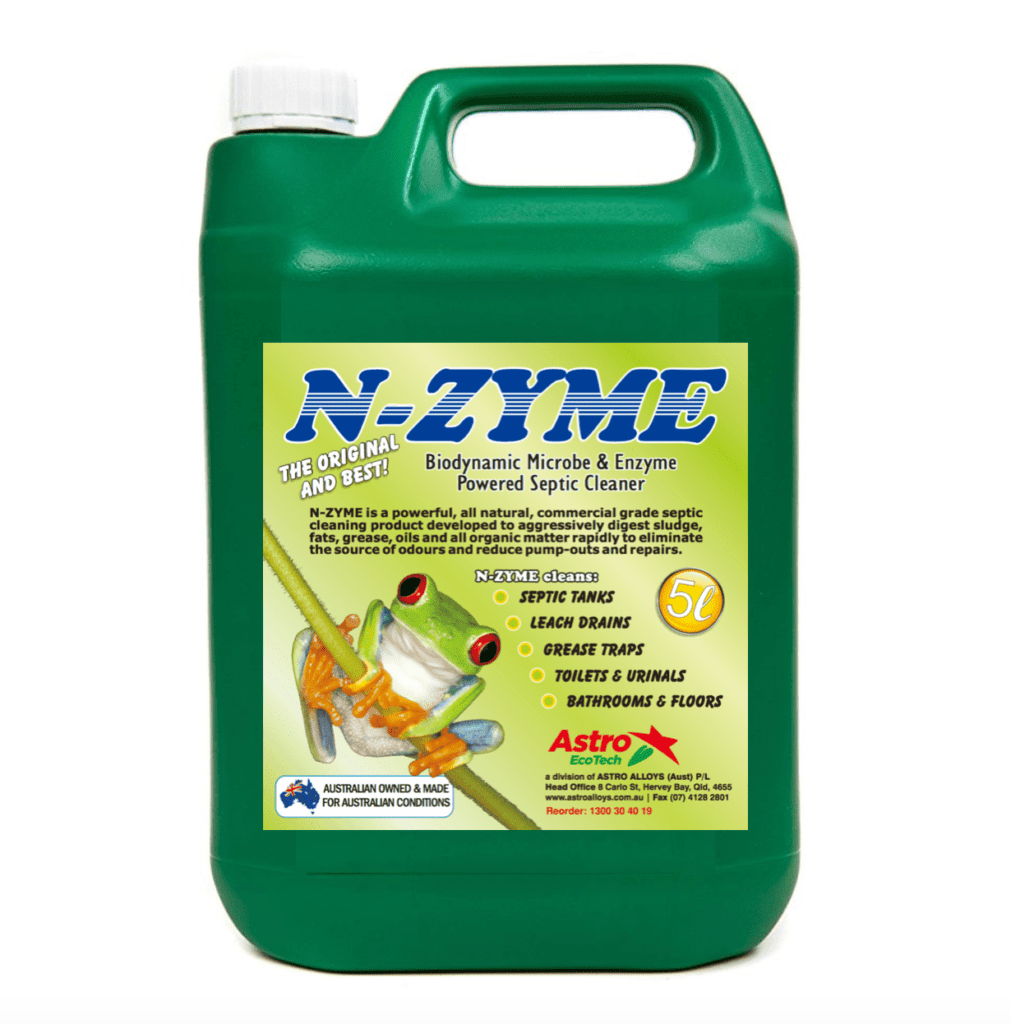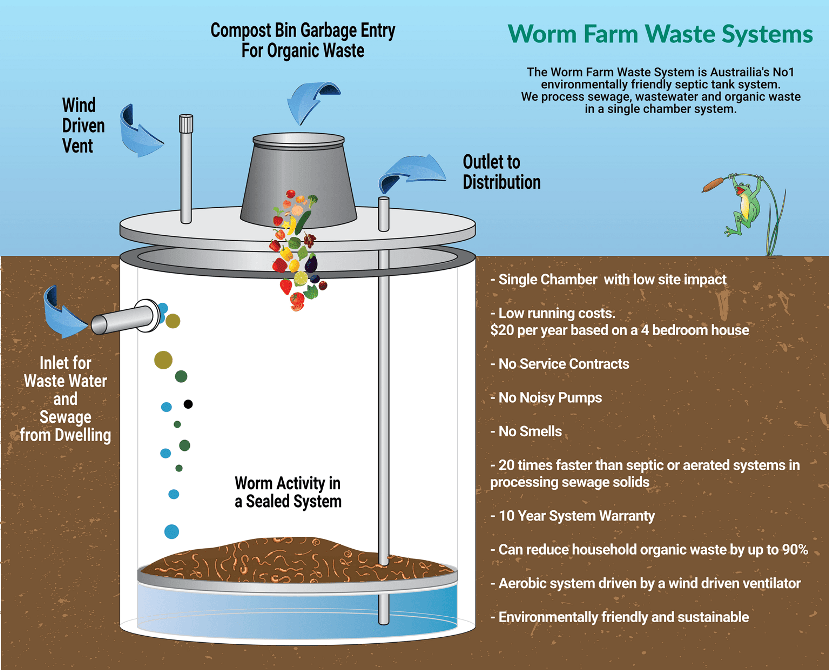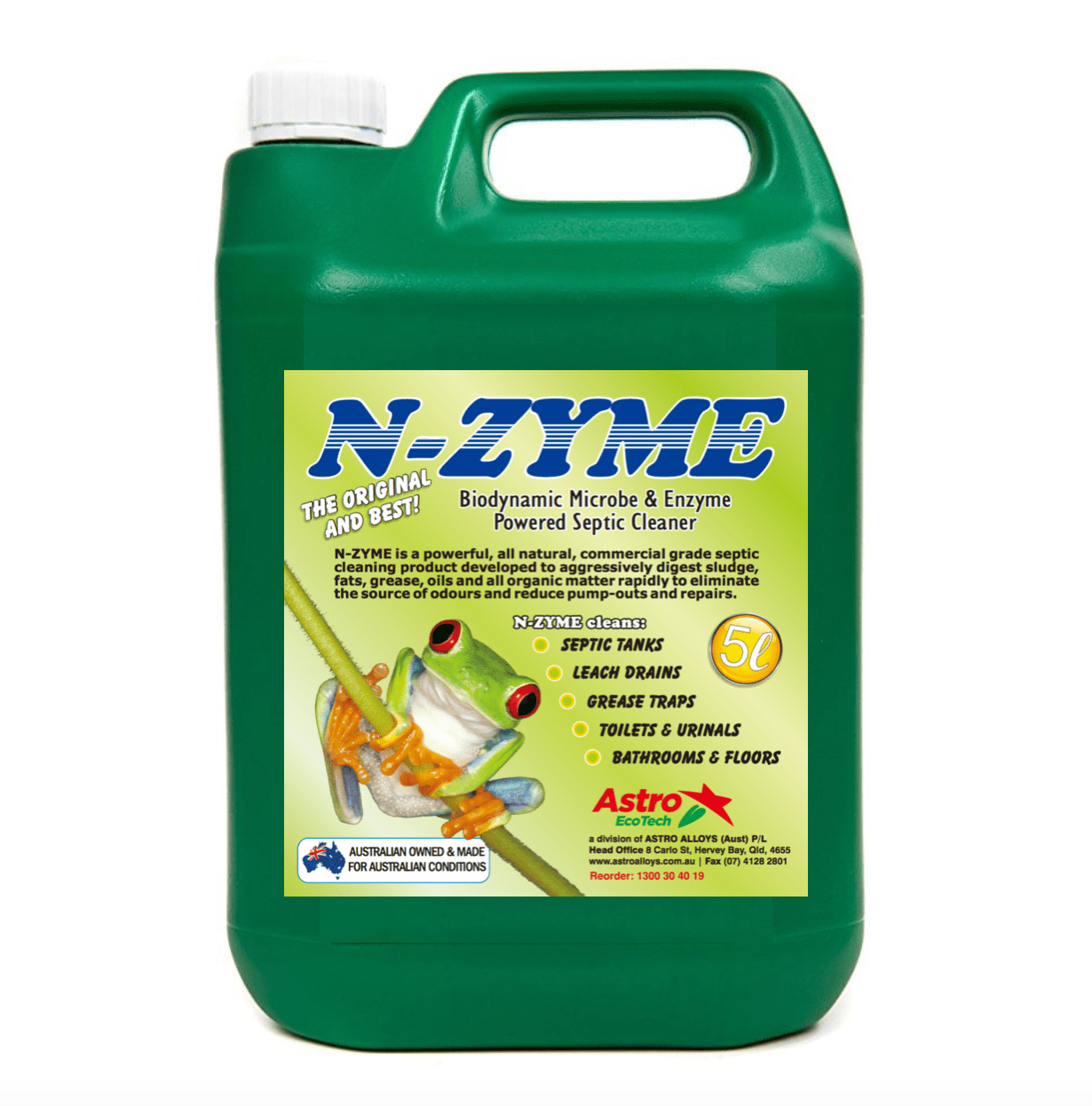Welcome to this article on septic tank treatment options for homeowners. In this piece, we will discuss various effective solutions that you can explore to maintain the health and functionality of your septic tank. Whether you are a new homeowner or have been living in your house for years, it is important to understand the proper methods to keep your septic system running smoothly. By the end of this article, you will have gained valuable knowledge on septic tank treatments available at Bunnings and how they can benefit you.
One of the options we will delve into is the use of bacteria-based treatments for septic tanks. These treatments are designed to break down waste and organic matter inside the tank, promoting bacterial growth and digestion. By using bacteria-based treatments, you can enhance the natural process of waste decomposition, preventing clogs, odors, and backups in your septic system. This environmentally-friendly solution is easy to use and can help extend the lifespan of your septic tank, saving you money in the long run.
Another effective solution we will discuss is the use of septic tank additives. These additives are specifically formulated to reduce buildup and odor-causing bacteria in your septic system. By regularly adding these treatments to your tank, you can prevent solid materials from accumulating, ensuring the efficient flow of wastewater. Septic tank additives are a convenient and practical solution that can help prolong the life of your septic system and reduce the need for expensive repairs. At Bunnings, you can find a wide range of septic tank additives that cater to different needs and budgets.
What is a septic tank?
A septic tank is an underground wastewater treatment system commonly used in rural areas where there are no centralized sewer systems. It is designed to safely and efficiently treat and dispose of the wastewater produced by households. Understanding the purpose and function of a septic tank is crucial for homeowners to ensure proper maintenance and avoid costly repairs.
Understanding the purpose and function of a septic tank
The primary purpose of a septic tank is to separate solid waste from liquids, allowing the liquids to be safely absorbed into the ground. When wastewater enters the septic tank, it undergoes a natural treatment process. Solid waste settles at the bottom of the tank in a layer known as sludge, while lighter materials like grease and oil float to the top forming a layer called scum. The remaining liquid, known as effluent, flows out of the septic tank and into the drain field where it is further treated.
Components of a septic tank system
A septic tank system consists of several components working together to effectively treat and dispose of wastewater. These components include:
- Septic Tank: The main storage unit where wastewater is held for primary treatment.
- Inlet and Outlet pipes: The inlet pipe carries wastewater from the house to the septic tank, while the outlet pipe allows the treated effluent to flow into the drain field.
- Drain Field: Also known as a leach field, it is a series of perforated pipes buried in the ground that distribute the treated effluent.
- Soil: The natural soil surrounding the drain field acts as a final filter, removing any remaining impurities from the effluent before it re-enters the groundwater.
Why is septic tank treatment necessary?
Understanding the need for regular septic tank maintenance is crucial for homeowners. Neglecting septic tank treatment can lead to a range of problems that can be expensive and environmentally damaging to fix.
Understanding the need for regular septic tank maintenance
Regular septic tank treatment is necessary to prevent the build-up of sludge and scum in the tank. Over time, these materials can accumulate and reduce the tank’s capacity to hold wastewater, leading to blockages and backups. By properly maintaining your septic tank, you can ensure its optimal performance and avoid potential costly repairs.
Consequences of neglecting septic tank treatment
Neglecting septic tank treatment can have serious consequences for homeowners. Some of the potential issues that may arise include:
- Blockages and backups: Without regular maintenance, the build-up of solid waste can cause blockages in the pipes, leading to backups and potential sewage overflows in the house or yard.
- Groundwater contamination: A poorly maintained septic tank may allow untreated effluent to leak into the surrounding soil and contaminate groundwater, posing a risk to both human health and the environment.
- Costly repairs or replacements: If a septic tank becomes damaged or fails, it can be expensive to repair or replace. Regular maintenance and treatment can help extend the lifespan of the septic tank and reduce the likelihood of major repairs.
Types of septic tank treatments available
To ensure the proper functioning of your septic tank, various treatment options are available in the market. These treatments can enhance the natural processes occurring in the tank and aid in the breakdown of organic matter.
Chemical-based septic tank treatments
Chemical-based septic tank treatments utilize a combination of enzymes, bacteria, and other chemicals to break down organic waste in the tank. These treatments are typically added directly to the septic tank and can help promote the decomposition of sludge and scum. However, it is important to carefully follow the instructions on the product label and avoid using excessive chemicals that may disrupt the balance of bacteria in the tank.
Natural and eco-friendly septic tank treatment options
For environmentally conscious homeowners, there are natural and eco-friendly septic tank treatment options available. These treatments often contain live bacteria and enzymes that are safe for the environment and promote the natural breakdown of waste in the tank. Natural treatments can be effective in maintaining a healthy septic tank system while minimizing the use of harmful chemicals.
Benefits of using septic tank treatment
Using septic tank treatment regularly can offer several benefits for homeowners. It not only improves the overall performance of the septic tank system but also extends its lifespan and reduces the risk of costly repairs or replacements.
Improving the overall performance of your septic tank system
Septic tank treatments can help break down organic waste more efficiently, reducing the risk of blockages and backups. By promoting the decomposition of sludge and scum, these treatments enhance the treatment capacity of the septic tank, ensuring the proper functioning of the entire system. This leads to better drainage and fewer problems with clogs or backups.
Extending the lifespan of your septic tank
Regular septic tank treatment can significantly extend the lifespan of your system. By reducing the accumulation of sludge and scum, these treatments prevent premature failure of the tank and costly replacements. An adequately maintained septic tank can last for decades, saving homeowners from the expenses associated with purchasing and installing a new system.
Reducing the risk of costly repairs or replacements
Proper septic tank treatment can help prevent major issues that may require expensive repairs. By preventing blockages and backups, these treatments reduce the likelihood of damage to pipes, pumps, and other system components. Regular maintenance and treatment can save homeowners thousands of dollars in repair costs.

How to choose the right septic tank treatment
Choosing the right septic tank treatment for your system is essential to ensure its effectiveness. Consider several factors when selecting the most suitable treatment product for your needs.
Considerations for selecting the most suitable treatment product
When choosing a septic tank treatment product, consider the following factors:
- Type of treatment: Decide whether you prefer chemical-based treatments or natural and eco-friendly options.
- Size of the septic tank: Some treatments are designed for specific tank sizes, so ensure the product is suitable for your tank capacity.
- Brand reputation: Research different brands and read reviews to determine the reliability and effectiveness of the treatment product.
- Compatibility with other systems: If your septic tank system includes additional components such as an aerobic treatment unit, ensure the treatment is compatible with all parts of the system.
Reading product labels and understanding ingredients
Carefully read the product labels of septic tank treatments to understand the ingredients and recommended usage. Look for treatments that contain beneficial bacteria and enzymes that aid in waste breakdown. Avoid products that contain harmful chemicals that can disrupt the natural balance of bacteria in the tank.
Step-by-step guide to using septic tank treatment
Using septic tank treatment correctly is essential for optimal results. Follow these steps to ensure proper application and maintenance of your septic tank system.
Preparation and safety precautions
- Wear protective clothing, including gloves and goggles, when handling septic tank treatment products.
- Determine the correct dosage based on the size of your septic tank.
- Turn off any devices connected to the septic system, such as garbage disposals or laundry machines.
- Locate the access point to your septic tank and open it.
Application methods and frequency
- Chemical-based treatments: Pour the recommended amount of the treatment directly into the septic tank through the access point. Use a funnel if necessary to prevent spills.
- Natural treatments: These treatments may come in concentrated form or dissolvable tablets. Follow the product instructions to determine the correct application method.
- Repeat the treatment as recommended on the product label or based on professional advice. Typically, treatments are performed monthly or quarterly.
Monitoring and maintenance
- Regularly inspect the septic tank for any signs of leaks, damage, or blockages. Consult a professional if you notice any issues.
- Avoid dumping harmful substances such as bleach, paints, or solvents down the drain, as these can disrupt the natural processes in the tank.
- Practice water conservation to prevent overwhelming the septic tank system with excessive wastewater.
- Schedule routine pumping of the septic tank every three to five years, or as recommended by a professional.
Common septic tank treatment mistakes to avoid
To ensure the efficacy of septic tank treatment, it is important to avoid common mistakes that can hinder the performance of your system.
Overuse of chemicals
Using excessive chemical-based septic tank treatments can disrupt the natural balance of bacteria in the tank. Stick to the recommended dosage and frequency to avoid damaging the delicate ecosystem within the tank.
Neglecting regular maintenance
Treating your septic tank is only one part of proper maintenance. Neglecting other routine maintenance tasks like regular pumping or inspections can lead to problems down the line. Stay proactive and follow a comprehensive maintenance plan.
Improper disposal of wastewater
Septic tank systems are designed to handle specific types of waste. Avoid disposing of non-biodegradable or harmful substances down the drain, as they can clog or damage the system. Proper waste disposal is key to maintaining a healthy septic tank.
Signs that indicate the need for septic tank treatment
Being aware of the signs that indicate the need for septic tank treatment can help homeowners address potential issues before they escalate.
Foul odors or sewage smells
If you notice foul odors or sewage smells in or around your property, it may indicate that your septic tank is not functioning properly. These odors can indicate a backup or leak, and immediate action should be taken to prevent further damage.
Slow draining fixtures
If sinks, toilets, or other fixtures in your home are draining slowly, it may be a sign of a clogged or overloaded septic tank. Treating the tank with a suitable septic tank treatment can help alleviate the issue and restore proper drainage.
Gurgling noises in pipes
When wastewater struggles to flow through a clogged or overloaded septic tank, gurgling noises can be heard in the pipes. This is a clear sign that your septic tank system needs attention, and treatment may be necessary.

Professional septic tank treatment services
While many homeowners choose to treat their septic tanks themselves, hiring professional septic tank treatment services can offer several benefits.
Benefits of hiring professional septic tank treatment services
- Expert knowledge: Professional services have experience and expertise in septic tank maintenance and can provide tailored solutions based on your specific needs.
- Proper equipment: Service providers come equipped with the necessary tools and equipment to effectively treat and maintain your septic tank.
- Regular maintenance schedules: Professionals can establish a regular maintenance schedule, ensuring that your septic tank is treated and inspected at appropriate intervals.
- Peace of mind: Hiring professionals for septic tank treatment gives homeowners peace of mind, knowing that their system is in good hands and functioning optimally.
Finding reputable service providers
When selecting a professional septic tank treatment service, consider the following factors:
- Experience: Look for service providers with a proven track record and years of experience in the industry.
- Accreditation: Check if the service provider is accredited by relevant organizations and meets industry standards.
- References and reviews: Obtain references or read reviews from previous customers to gauge the quality of service provided.
- Cost: Compare quotes from different service providers to ensure you are getting a fair price for the services offered.
Conclusion
Regular septic tank treatment is essential for homeowners to maintain a healthy and functioning septic tank system. By understanding the purpose and function of a septic tank, homeowners can make informed decisions about choosing the right treatment products and implementing proper maintenance practices. Whether using chemical-based treatments or natural alternatives, regular treatment can improve system performance, extend the lifespan of the septic tank, and minimize the risk of costly repairs. By being proactive and attentive to signs of potential issues, homeowners can ensure the continued effectiveness and efficiency of their septic tank systems. Consider hiring professional septic tank treatment services for expert advice and assistance in maintaining your system. For effective and reliable septic tank treatments, explore the options available at Bunnings.
